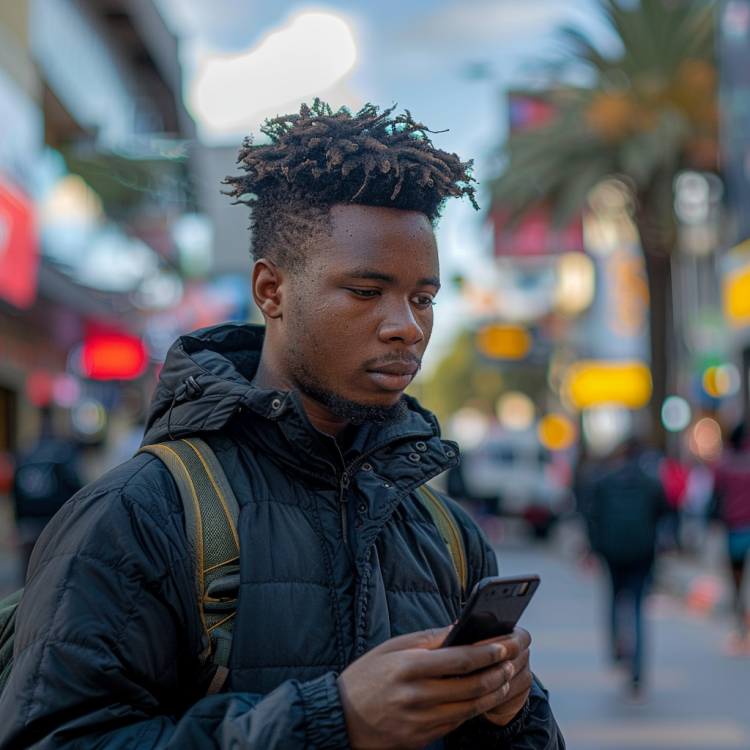Did you know that as per the 14th section of the South African constitution, every individual has the right to privacy? Let’s delve into common queries regarding mobile phone privacy in South Africa.
How can you access your mobile phone records in South Africa?
There are three methods to obtain your mobile phone records, but it is advisable to confirm with your service provider as their processes may differ.
Step 1: Check the final pages of your monthly mobile phone bill received via mail or email from your provider.
Step 2: Register for an online account on your service provider’s platform and navigate to sections like “Billing and Payment.”
Step 3: Contact your service provider and request assistance.
Mobile phone records, also known as Call Detail Records, typically include:
1. Caller’s phone number
2. Call duration
3. Call start and end times
4. Tower used for the call
Is it possible to access someone else’s mobile phone records in South Africa?
Accessing another person’s mobile phone records is only allowed when necessary for legal proceedings. These records can be requested legally as part of an ongoing legal case and not out of personal curiosity.
Do mobile phone records contain text messages?
While text messages are part of phone records, the message content is usually not disclosed. Retrieving message contents can be challenging due to various messaging systems. Some providers, like Apple, use encryption, making it impossible for them to access message content.
Is it illegal to reveal someone’s phone number without consent?
Disclosing someone’s phone number is not illegal unless it involves criminal activities like harassment or stalking. It’s essential to share phone numbers responsibly to prevent misuse by scammers or identity thieves.
Which mobile phones prioritize privacy?
According to makeuseof.com, Apple iPhone 13 Pro Max and Google Pixel 6 are among the top phones for privacy.
Why is maintaining mobile privacy crucial?
Mobile devices store a wealth of personal information, including passwords, emails, and financial details. Breaching digital privacy can feel like an intrusion into one’s personal life, emphasizing the need for strong security measures.
In conclusion, safeguarding mobile privacy is vital in our technology-driven world. As we rely more on these devices, protecting personal data becomes paramount. Alongside securing privacy, it’s essential to shield devices from physical damage, theft, or loss to prevent disruptions and data compromise.

You must Register or Login to post a comment